The StrawFree.org Team Tried to Go A Week Without Plastic
Our world has become one that lives, breathes, and eats (yes, eats) plastics. We use plastic for packaging, storage, clothes, hygiene, cooking, technology, the list goes on. It’s hard to think of an industry that doesn’t use plastic in some way, shape, or form. Here are some plastic facts to put things in perspective: It’s important to educate yourself on the damaging effects that plastic has on the earth, but now that we know all of this, what can we do about it? The best way is to stop using plastic all together. I know, it sounds ridiculous, doesn’t it? We are at a point now where we need drastic solutions to solve giant global problems. What is a week without plastic? It’s a movement started by Duncan White, the founder of the Facebook group by the same name, that challenges people to go without plastic for a week. The main rule is that you cannot buy any new plastic or accept any new plastic. You must reuse whenever you can and make conscious choices at the grocery store to avoid plastic. Here’s how the StrawFree.org team did… This was the most difficult part about the challenge. A lot of the healthy options at grocery stores like fruits and vegetables were bagged, boxed, or wrapped in plastic, so you were limited in what items you could buy.
#AWeekWithoutPlastic
Going Out
Storing/Packaging
Grocery Shopping
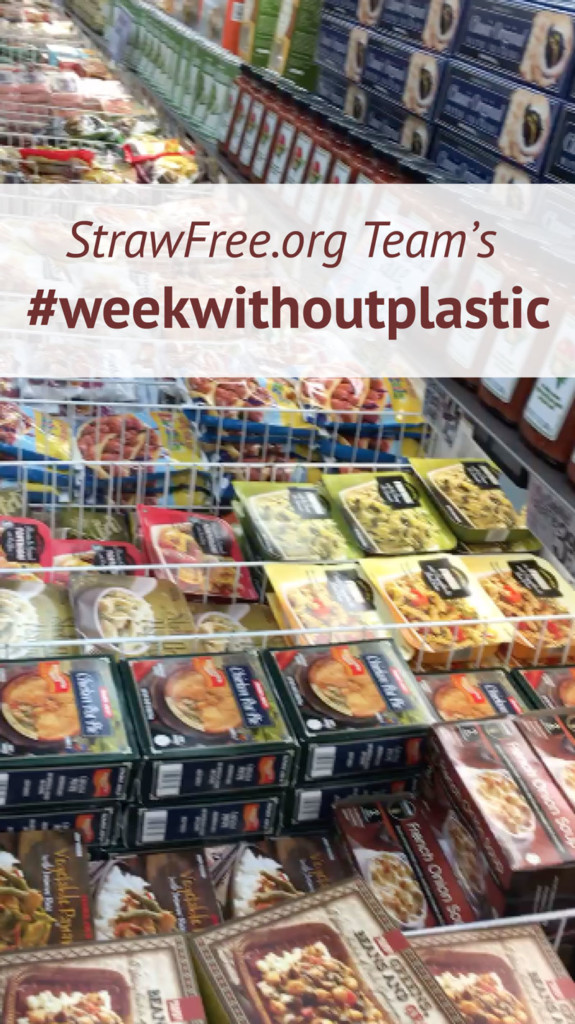
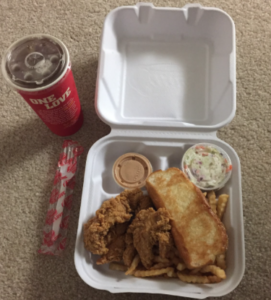
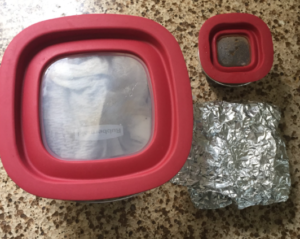
Here are some of our grocery finds:
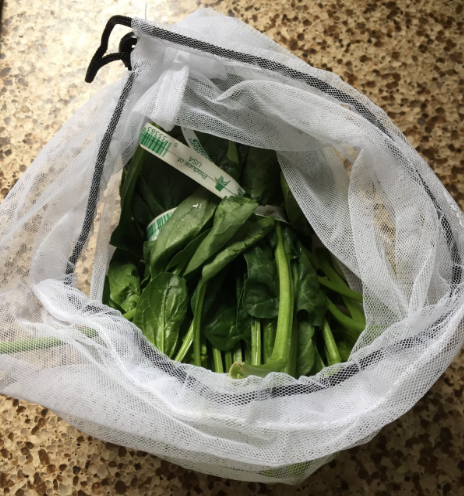 Reusable cloth bags were useful for buying fresh vegetables
Reusable cloth bags were useful for buying fresh vegetables
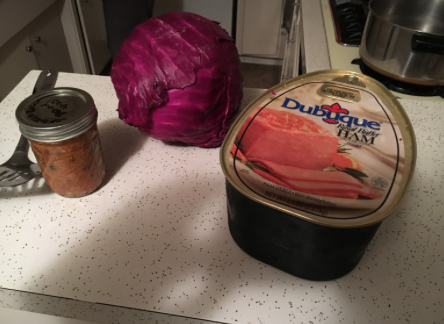 Managed to find sandwich meat in a tin can!
Managed to find sandwich meat in a tin can!
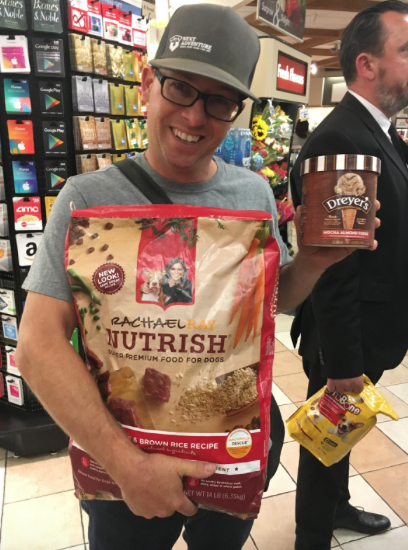
Even our dog went #plasticfree.
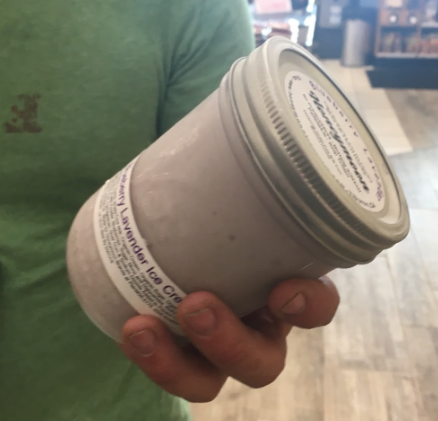
Ice cream in a glass jar!
What We Learned
- You can buy shampoo and condition in bars. They work great and they last a long time.
- Handcrafted ice-cream in glass jars tastes sooo good and you end up with a re-usable jar.
- They now put dog food in plastic pouches. Seriously.
- We found that when eating out, pizza was always plastic-free if you buy a whole pizza.
- On some items, like the giant ham we purchased for lunch meat, we actually save money by buying plastic-free.
- There are some actions we can all take to reduce our plastic use. You can opt to use aluminum foil, or simply wrap certain foods in paper towels rather than using ziplock bags.
- Just about every restaurant in our local area served its food in to-go containers with some kind of plastic component, without any sort of alternative. Consider bringing your own tubberware or jars to restaurants to take leftovers home.
- Purchasing in bulk can also help. Places like Whole Foods, Mothers and Sprouts were very low on the plastic consumption. Remember, there will always be the option to use plastic, so be aware and bring your own cloth bags.
- Being plastic-free also was tied to eating better. Pre-packaged foods have a tendency to focus more on flavor and less on health. In general, plastic wrapped food has a longer shelf life so you aren’t getting the freshest stuff. Not to say all plastic wrapped food is bad for you, but purchasing plastic free allowed us to cook more and healthier.
- Lastly, there is no way to live a 100% plastic-free lifestyle so don’t beat yourself up. Just be conscious and opt for the plastic-free option. Sometimes it requires you to open a package to see if there is plastic inside. We got tricked several times when grabbing a cardboard box just to find that it was wrapped in plastic. Making things yourself is always a good solution and in many cases, like chips, it is the only way.
We believe that consumer’s purchasing power can be effective, especially in a way to persuade corporations and companies to reduce or avoid plastics. Additionally, their voices must be amplified and heard to make an impact. Lastly, people need to continue to think and try to come up with eco-friendly, cost-effective alternatives to plastic. It is a difficult task, but once these alternatives can be produced, we will all be better off.
Would you go a week without plastic? How do you think you would have done? Let us know at Facebook.com/strawfree
Sources:
http://homeguides.sfgate.com/many-times-can-something-recycled-79191.html
https://www.des.nh.gov/organization/divisions/water/wmb/coastal/trash/documents/marine_debris.pdf
http://www3.weforum.org/docs/WEF_The_New_Plastics_Economy.pdf
http://oceancrusaders.org/plastic-crusades/plastic-statistics/
http://www.telegraph.co.uk/science/2017/01/24/seafood-eaters-ingest-11000-tiny-pieces-plastic-every-year-study/
